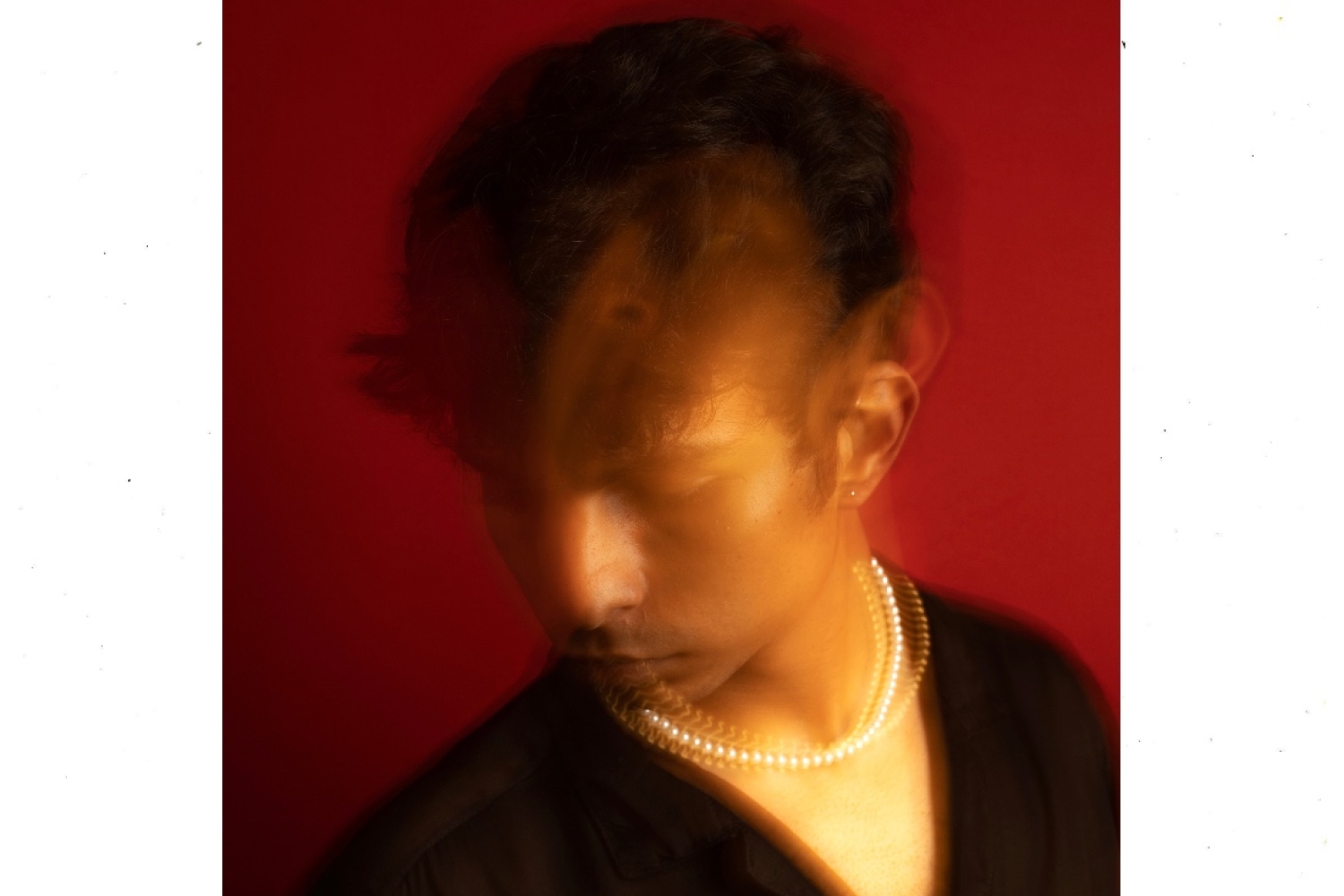

Bombay-based rapper Siegen Moopanar, better known by his stage name The Siege, is adamant about being true to his words. His previous projects, Bubblecars, Really Brown Really Rare, and Salim, have served as conceptual reminders of his lyrical prowess, and ability to paint a picture rooted in his reality. His new EP, Slightly Better Days, echoes his ordeals with acceptance and surrender, resounding with sounds of optimism and hope.
When did you first discover rap?
I was eleven when I discovered rap. A couple of years in, I started freestyling to the music I listened to, with no real motive other than to play around. The first song I officially wrote was to Drake’s 0 to 100 beat. I wrote verses and recorded it. I did this for a couple of years, which then led to the conception of The Siege.
What inspired your new EP, Slightly Better Days?
Slightly Better Days was actually supposed to be my first project. I even recorded a couple of songs here and there, but it never came to fruition. I had to put it all on pause while my mom underwent chemotherapy for cancer, all while Covid was at its peak. Things felt bleak and the title just didn’t feel right. It was called Slightly Better Days, but it lost its essence for me. Three projects later, when things took a turn for the better, I wanted to revive that title. So really, this EP has come full circle for me. Through it, I speak about acceptance, with the hope of my days looking up.
Do you feel it’s important to talk about the tougher things when a lot of rap focuses on a false bravado and ego?
I don’t know if it’s necessary to speak about the deeper things through music, but for me, I almost can’t help it. When I make music, it’s like a cathartic medium. I need to be absolutely honest with myself or else it doesn’t feel genuine. My rap persona is in alignment with the person I am, and I feel this is what resonates with my listeners too. My audience and I share a real connection, and the conversations we have are often bigger than music.
On the other hand, bravado in rap is also required for a healthy balance, as long as it isn’t ‘put on’. People use it to build themselves up and the confidence it gives them is unmatched. So I do feel like the authenticity adds a flavour that false bravado wouldn’t.
Your line from your song Salim, “The best gift I gave mom was medical insurance,” gained a lot of traction on social media, with your listeners taking it as literal advice. How did you feel when that happened?
That might be one of my favourite moments so far in my career. Multiple people reached out to me to tell me they will be buying medical insurances for themselves and their families. Certain things are bigger than music, and through my music, I can help make real life changes. No matter what happens, I know I can look back at this time and be proud of myself and the work I’ve done. It really makes all the hardships I’ve endured worth it.
Hip-Hop in India is increasingly becoming a big label game. As an independent artist, what is your take on this?
A lot of labels have diverged from housing different genres and applied themselves to the hip-hop scene in India, which is quite young and untapped right now. Many of them have been around for years too. But I feel the same formulas and marketing used for other genres won’t work in the hip-hop industry. It’ll take a while to understand this sect and pick up on its trends in India, and that’s okay. I’m patient and hopeful to see hip-hop grow in India in a way that values the artistry. My intention with marketing is always transparency and creating a community around my music. I live the life I rap, so I always fill in my audience through social media. And so far, it has worked to create an organic and loyal community.
What are your plans going forward?
My agenda for the next few projects is to remain indie and grow my audience. I know I can manage staying independent right now, however, if a label brings something to the table that I don’t already have, I’ll be open to it. I don’t believe in chasing after a label. The correct label invests in the artists’ potential and helps elevate their work. More importantly, an artist shouldn’t beg anyone to have faith in them, it should be reciprocal. So, for the time being, I’m independent and excited to make more music.
Text Nandini Chand
Date 20-10-2022